Meet the WASH innovations gathering evidence to scale
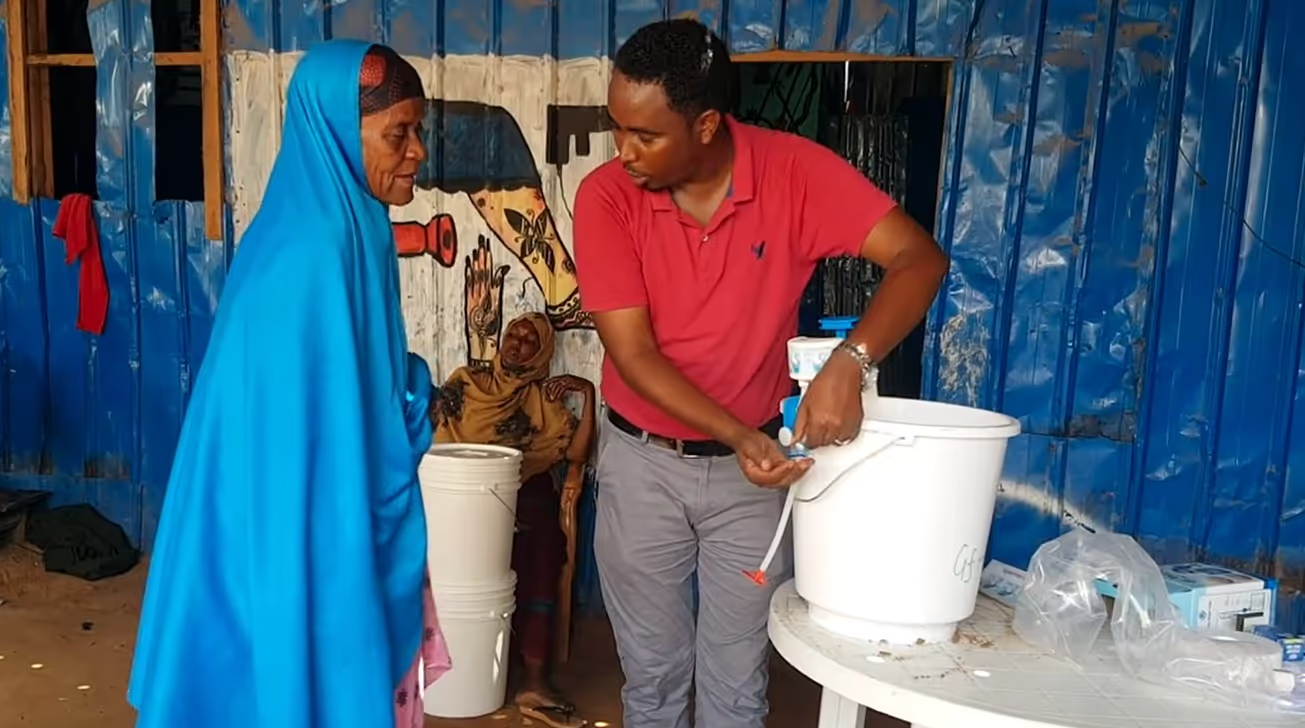
Generating evidence is challenging in humanitarian settings.
Time pressures often mean that immediate response is prioritised over research, and contextual factors - such as rapidly changing and unstable environments, dynamic flows of people, and lack of access due to security concerns - add to the list of risks researchers must manage.
Even with these barriers evidence is still key to driving the sustainable and ethical uptake of innovation. This is especially the case in the humanitarian sector, where new tools, approaches or services can have a direct impact on the health, dignity and well-being of populations affected by crisis.
These are just some of the reasons why we launched our WASH Evidence Challenge. The challenge was designed to support robust research studies that generate practical, comparative evidence around WASH innovations that had been supported through our Humanitarian Innovation Fund (HIF) programme.
Meet the teams who were selected to build further evidence around their innovations to help them to adapt, scale and play a part in addressing some of the most pressing challenges in humanitarian WASH:
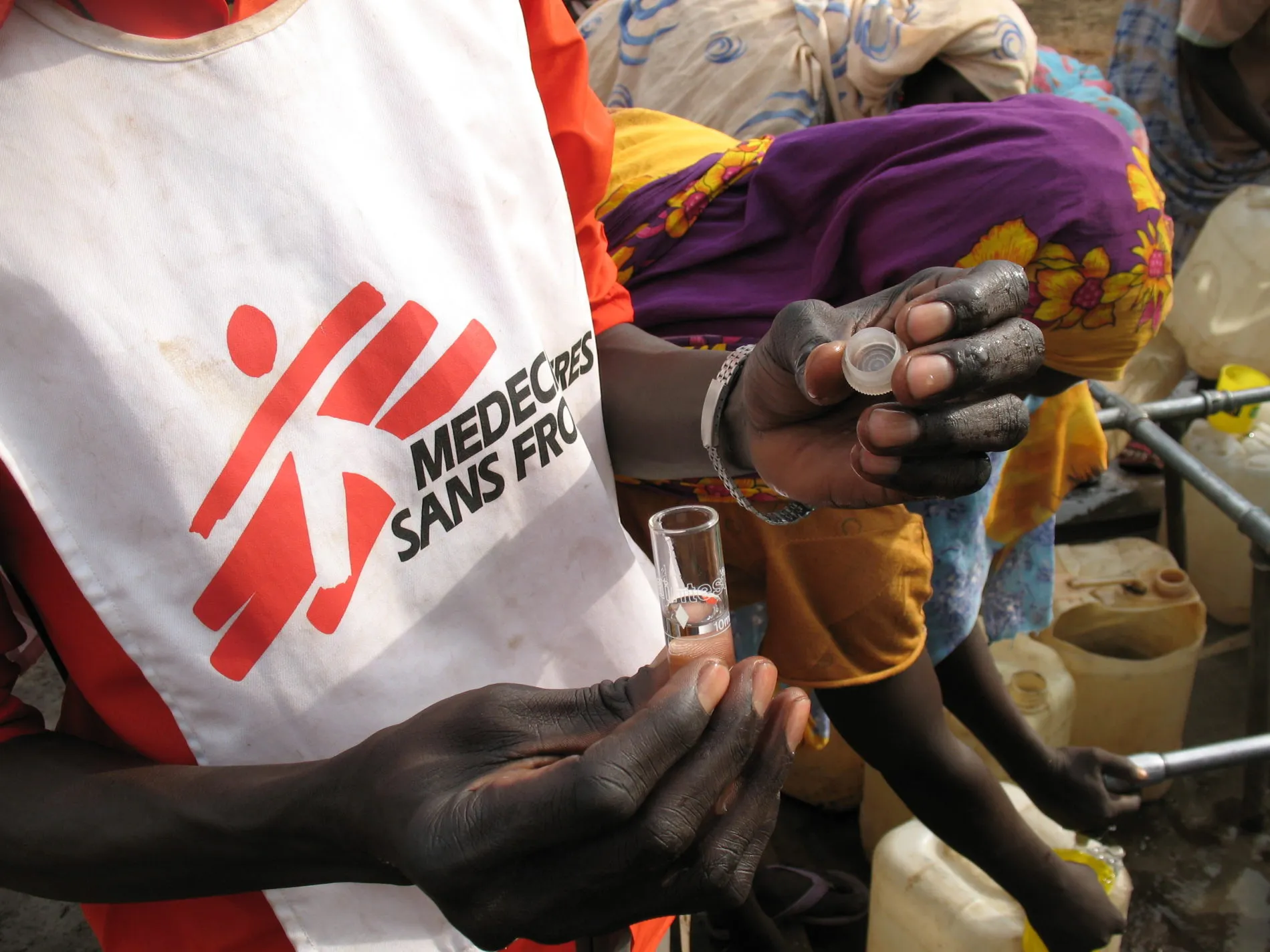
Safe Water Optimization Tool
Dahdaleh Institute for Global Health Research, York University. With partners MSF and Tufts
The Safe Water for Refugees project developed new evidence-based chlorination guidance. Based on this they then developed the Safe Water Optimization Tool (SWOT): a new online platform that generates site-specific, evidence-based chlorination guidance.
With the WASH evidence grant the team are seeking to build evidence to scale the SWOT.
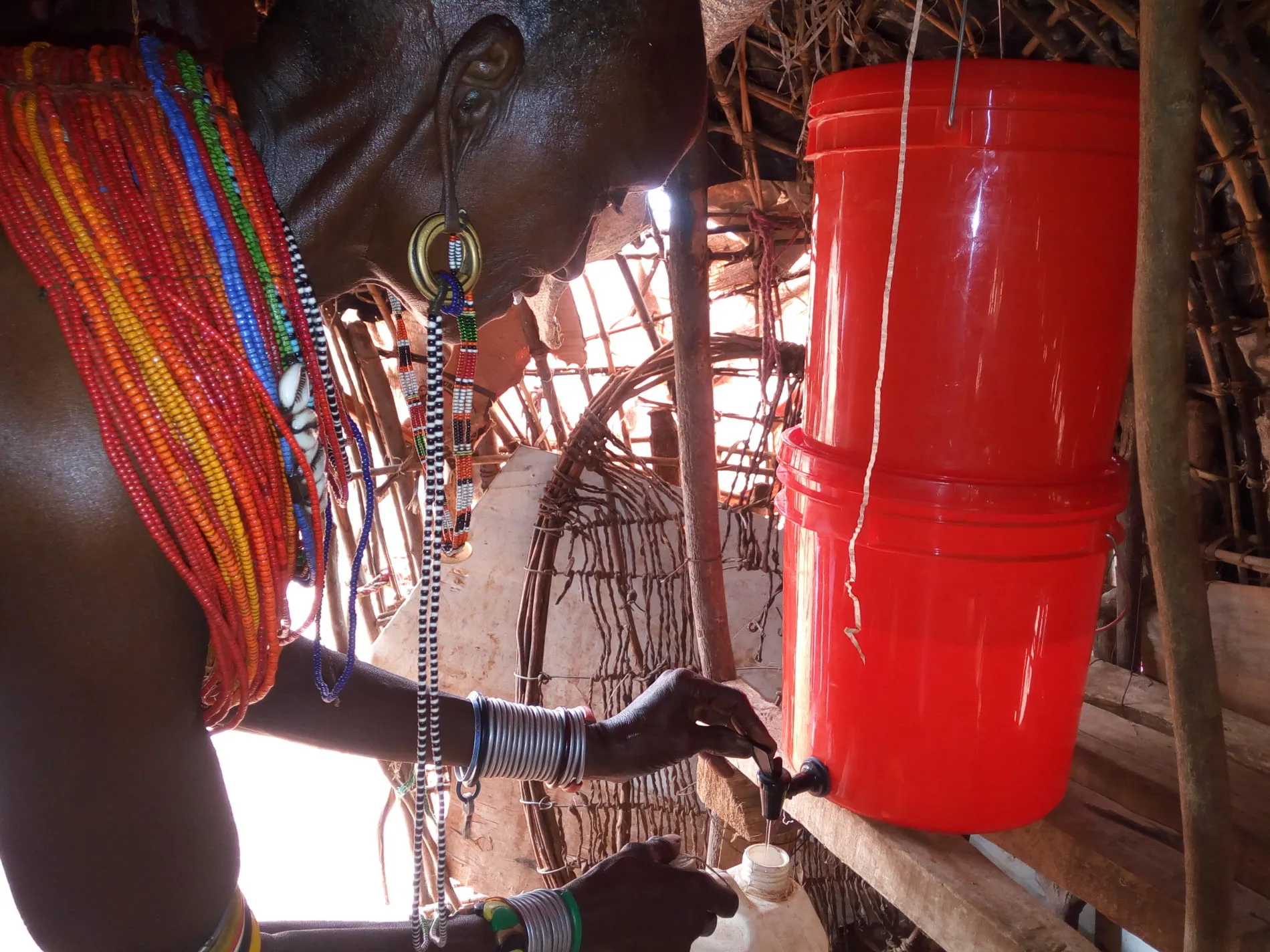
Finding the appropriate household water filter for emergencies
FHNW - University of Applied Sciences and Arts Northwestern Switzerland. With partners Oxfam Iraq, Cesvi Palestine, FairCap, and Basic Water Needs
This study will generate solid field evidence on the performance and acceptance of four water filters, enabling last-step optimization and scale-up. The results will be used to validate the simplified user-friendly practical tool for field evaluation and selection of water filters in emergencies.
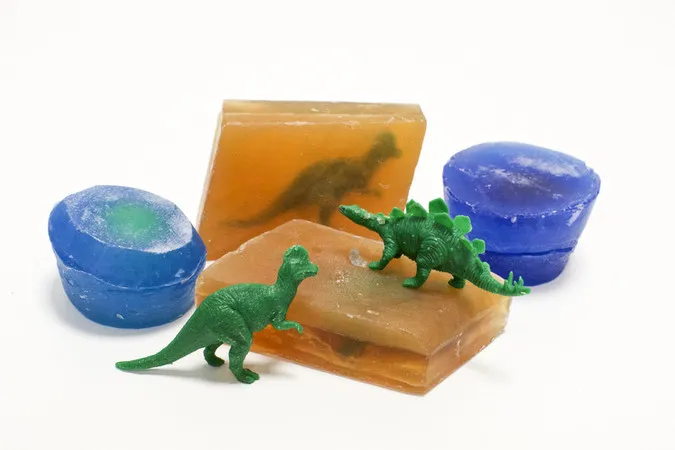
Surprise Soaps
London School of Hygiene and Tropical Medicine. With partners Care International, Action Against Hunger, and Save the Children UK
Surprise Soaps are novel soaps with toys embedded inside which aims to increase hand washing with soap among children in humanitarian settings. These soaps will be tested in new humanitarian settings to establish if this innovation can still work in different, more challenging environments and if children’s interest and the intervention’s effect is sustained beyond four weeks.
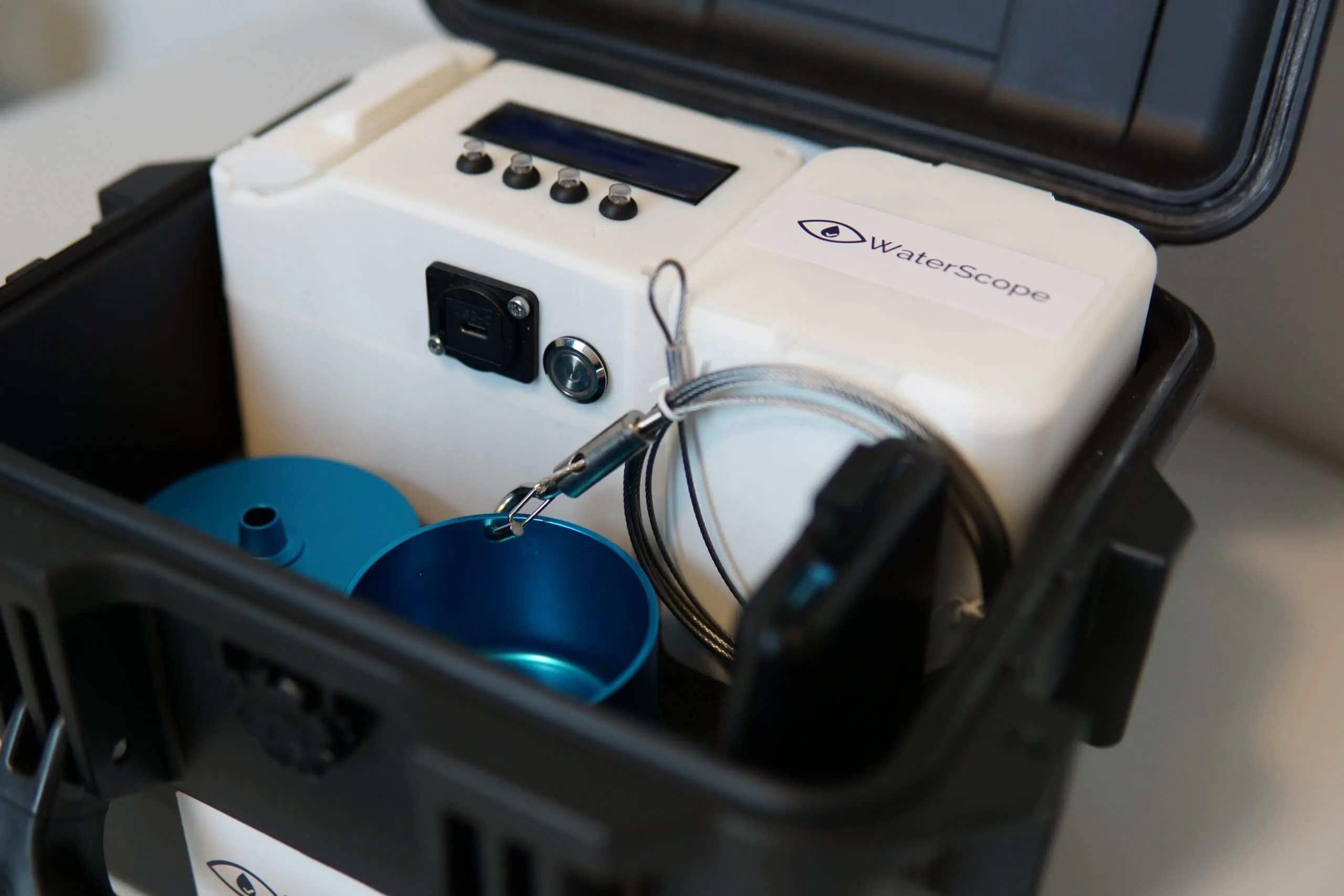
Waterscope: A Rapid, easy-to-use test for bacterial contamination in drinking water
WaterScope. With partners The Aquaya Institute, Oxfam, and Tearfund
Drinking water contaminated with bacteria is a global problem. WaterScope has a rapid, easy-to-use system to test bacterial contamination in drinking water. The project will utilise a published Target Product Profile, published by UNICEF, to benchmark WaterScope’s system for commercialisation.
Banner photo: Demonstrating water filter as part of FHNW project on finding the appropriate household water filter for emergencies.
Stay updated
Sign up for our newsletter to receive regular updates on resources, news, and insights like this. Don’t miss out on important information that can help you stay informed and engaged.
Explore Elrha
Learn more about our mission, the organisations we support, and the resources we provide to drive research and innovation in humanitarian response.